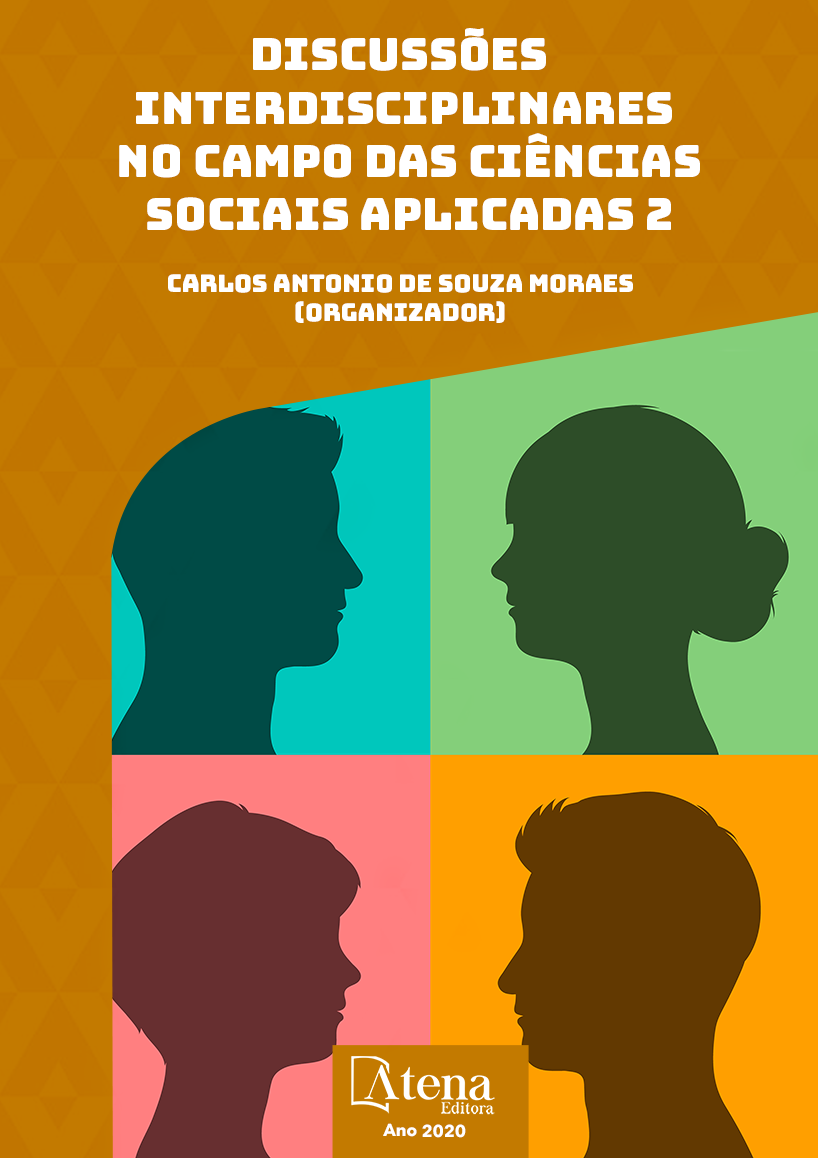
O ENSINO SUPERIOR COMO FATOR DE DESENVOLVIMENTO REGIONAL: A CONCEPÇÃO DA CRIAÇÃO DA FACILCAM E SEU LEGADO.
O trabalho – ação humana
transformadora sobre a natureza – cria e
modifica os modos de pensar e de organizar
as sociedades. Sendo assim, acreditamos
que o ser humano, pelo trabalho, transforma
a natureza, cria as ferramentas materiais e ao
mesmo tempo se autoproduz por meio da criação
e transmissão das ferramentas imateriais ou
culturais. A educação se inscreve como a
ação do homem para transmissão da herança
cultural para as demais gerações. A iniciativa
educacional de criação de uma instituição
de ensino superior em Campo Mourão, nos
anos de 1970, certamente inscreve-se como
uma ação que transmite e cria ferramentas
imateriais, as quais possibilitam transformações
ao longo de um tempo, no município e região
de abrangência. Nos propusemos a pesquisar
a história do curso de Pedagogia da Unespar,
por meio de levantamento bibliográfico,
documental e história oral, no processo,
investigamos conjuntamente a história da
criação da Faculdade Estadual de Ciências
e Letras de Campo Mourão, FACILCAM,
porque Pedagogia foi um dos seus primeiros
três cursos. Encontramos, principalmente
por meio das fontes orais e documentais,
indicativos da compreensão, de que a criação
de uma instituição de ensino superior seria
fator de desenvolvimento educacional, cultural
e econômico de Campo Mourão e da região.
Pudemos identificar a união de forças políticofilosóficas,
religiosas e da sociedade civil para a
organização e criação das documentações e das
condições objetivas para a criação da faculdade
privada que foi estadualizada nos anos de 1980,
passando a denominar-se FECILCAM e que, a
partir de 2013 foi transformada na UNESPAR.
O ENSINO SUPERIOR COMO FATOR DE DESENVOLVIMENTO REGIONAL: A CONCEPÇÃO DA CRIAÇÃO DA FACILCAM E SEU LEGADO.
-
DOI: 10.22533/at.ed.46120210123
-
Palavras-chave: História da Educação. Desenvolvimento Regional. Desenvolvimento Humano.
-
Keywords: History of Education. Regional development. Human development
-
Abstract:
Work - transformative human
action on nature - creates and modifies the
ways of thinking and organizing societies.
Thus, we believe that the human being, through
work, transforms nature, creates material tools
and at the same time produces itself through
the creation and transmission of immaterial or cultural tools. Education is inscribed
as man's action for the transmission of cultural heritage to other generations. The
educational initiative that created a higher education institution in Campo Mourão, in the
1970s, is certainly part of an action that transmits and creates immaterial tools, which
enable transformations over a period of time in the municipality and its region. We set
out to research the history of the Unespar Pedagogy course through a bibliographic,
documentary and oral history survey. In the process, we jointly investigated the
history of the creation of the State Faculty of Sciences and Letters of Campo Mourão,
FACILCAM, because Pedagogy was one of its first three courses. We found, mainly
through oral and documentary sources, indicative to understand that the creation of a
higher education institution would be a factor in the educational, cultural and economic
development of Campo Mourão and its region. We were able to identify the union of
political-philosophical, religious and civil society forces for the organization and creation
of the documentation and objective conditions to initiate activities in the private faculty
that was stateualized in the 1980s, renamed FECILCAM and from 2013 on it was
transformed into UNESPAR.
-
Número de páginas: 9
- DALVA HELENA DE MEDEIROS


